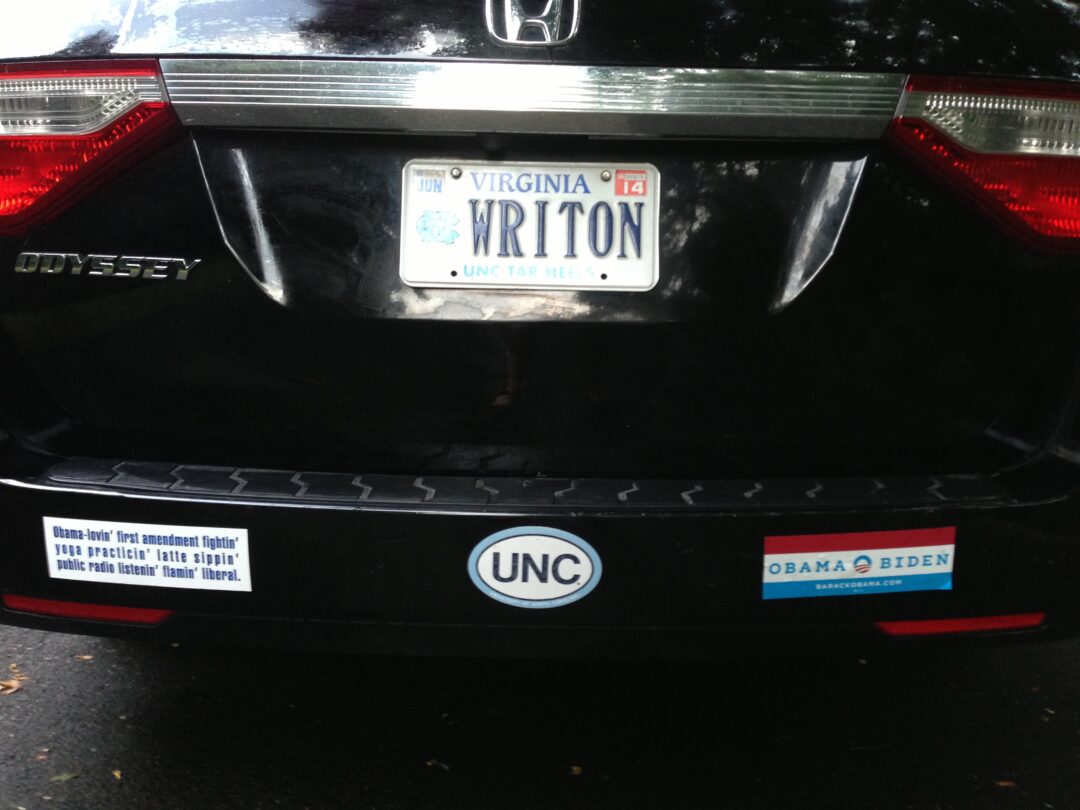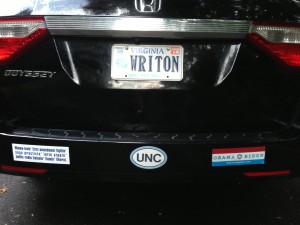Back in January, I wrote about Jane Hirshfield’s approach to revision. In their book The Poet’s Companion, poets Kim Addonizio and Dorianne Laux reprinted Hirshfield’s list of Possible Questions to Ask of Your Poem in Revision. This document remains one of my go-to resources when I’m writing and rewriting new poetry. The list is long; a more extensive excerpt of it is here. For the last two months, while working on my own revisions, I have been pondering two particular questions, “Is it true?” and “Does it allow strangeness?”
“Is it true?” I wrote a poem called Repair Work that opens, We all have our little addictions/ You with your Spanish almonds and your other-women’s-earrings. The Me in the poem is me, and the You in the poem is my husband, but my husband actually has an aversion to nuts and cares less about other women’s earrings than he cares about mine, which is to say, (unless he finds them too big or unless one of them is the diamond he gave me which got rinsed down the drain at the hairdresser’s) very, very little. The poem goes on to talk about repairing the hole in the dome of our cathedral. Uh, we don’t have a cathedral. And if we did, I’m pretty sure there wouldn’t be a hole in its dome. So is this poem true? As in true-true? No. What about these lines,
I am addicted to counting the beads of sweat on my palms
Listen to the beats in my psalms. Listen like a welcome thief;
I’m trying to hand you my hymn instead of sing my offering to some faceless hero promising rescue for a token dime.
I want to return to the reverence of the church where I lit my first altar candle.
It is easy to think about not brushing my hair when you’re gone
If it’s true that I feel more deeply than you,
then the needles of my hairbrush should bleed me like a leech
and the sugar granules you placed on my tongue
should pierce before they dissolve into the dulcet language of forgiveness.
No, what I mean is, it is easier to negate the pain of the needles
than to undo the pain of the need.
The poem even asks about truth in its interior. We are asked to examine whether or not the I feels more deeply than the You. Towards the end, “the pain of the need” is undeniably true.
Is metaphor true? There must be some ring of truth to the most successful metaphors for their truth is what catches us up and gives us pause, makes us say, Damn, I wish I had written that. I saw mackerel lined up on ice at the fish market the other day, and for the first time understood the expression, “mackerel skies.” Maybe some day I’ll write about that. Maybe some day I’ll write about how my daughter has a learning disability that makes her almost incapable of understanding abstracts. I tried to explain the expression “Rome wasn’t built in a day” to her, and she nodded her head in complete understanding, because historically, truer words were never spoken. But apply the statement to an unrelated concept or the lyrics to a pop song, and she just doesn’t get it. Our poems don’t have to be true-true. In fact, most poems read better in the abstract. Some might even argue that’s where a poem’s essence is found. Too much factualizing can make a poem read like an instruction manual or a sixth grade expository composition. If we want marital advice or social commentary, we can look no further than the non-fiction aisle of the library or bookstore. I for one don’t want to read poems if their intent is spelled out to me. I’d rather read how marriage can make us feel like we are worshipping in a roofless cathedral, or how any institution that offers unmitigated security when no such thing exists can feel like singing an “offering to some faceless hero promising rescue for a token dime.” I’d rather take my truth with a healthy measure of almond addiction tossed in.
Here’s another question. If it isn’t true-true, at least “Does it allow strangeness?” I’d say being addicted to Spanish almonds and other women’s earrings is sorta strange; would you? When I read poetry for Minerva Rising, I look for strangeness. Give me two poems about, say, Eve, or cowboys, or getting lost in a grocery store, and I will pick the strange one over the straight-forward one nine times out of ten. I prefer imagery that stops me short over imagery that paints by numbers. Imagery that makes me say, “Damn, I wish I had written that.”
My dictionary defines poetic license as
the freedom to depart from the facts of a matter or from the conventional rules of language when writing or speaking in order to create an effect: he used a little poetic license to embroider a good tale.
The next time you are re-visioning your poetry, ask yourself first Is it true?, the kind of truth you can sit with, the kind of truth that comes from gut and heart, not diagram and left brain. Then ask yourself if it allows strangeness. When you find both spiritual truth and stop-in-your-tracks strangeness, you’re onto something. Lean in.
And remember, as my father and favorite story-teller always says, “Never let the truth stand in the way of a good story.” Embellish the facts, polish them, re-vision them, and make them sing. Exercise your poetic license. Write on.


